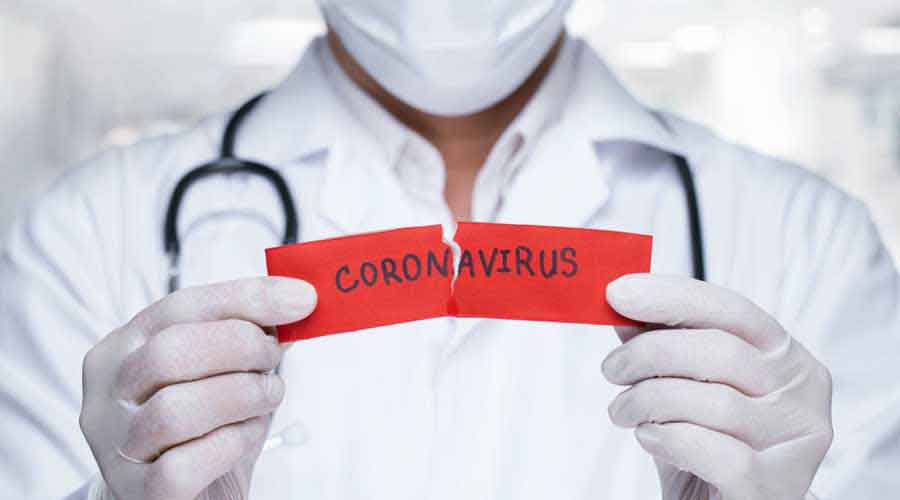The Union health ministry on Thursday asked states to “conduct a quick gap analysis” of their healthcare infrastructure that could be addressed through the Rs 23,123-crore Emergency Covid-19 Response Package-2 approved by the Union cabinet last week.
Health ministry officials, during a videoconference to discuss preparations to bolster healthcare infrastructure, told state officials to identify their specific needs and send their expenditure proposals to enable approvals and sanctions from the Centre.
The package, intended for implementation between July 2021 and March 2022 with Rs 15,000 crore provided by the Centre and Rs 8,123 crore being the share of states, will seek to expand India’s capacity to manage Covid-19 and enhance paediatric care services.
The package is designed to help states augment Covid-19 care services at the district and sub-district level by adding paediatric care units, intensive care unit beds, oxygen storage tanks, testing facilities and ambulances wherever gaps exist.
The Union cabinet had approved the package on July 8, two months after the peak of India’s second Covid-19 wave that had overwhelmed the country’s healthcare infrastructure. Many patients had died after hospitals ran short of beds or oxygen.
Health officials during the meeting advised states to conduct a gap analysis for various such infrastructure components, including their information technology infrastructure readiness, and establish hub-and-spoke models for teleconsultations to improve Covid-19 care services.
Critical care medicine specialists have cautioned that shortages in staff experienced in critical care services in many rural districts across the country are likely to make teleconsultations unavoidable to render effective treatment.
Under the ECRP-2, the Centre plans to establish dedicated paediatric units in all 736 districts, add 20,000 ICU beds in the public healthcare system, of which 20 per cent would be paediatric beds, install 1,050 medical oxygen storage tanks, and introduce 8,800 new ambulances.
Health officials have also asked states to procure and augment stocks of medicines required to treat Covid-19, using the health ministry’s guidelines on procurement and buffer stocks that states need to establish. “States must come up with their own assessments based on stocks and costs involved,” the health ministry said.
A clinician and public health specialist familiar with rural healthcare services said any move to augment healthcare infrastructure is welcome. While adding physical infrastructure such as beds or ambulances would help, plans to shore up healthcare also need to focus on medical staff, the specialist said.











